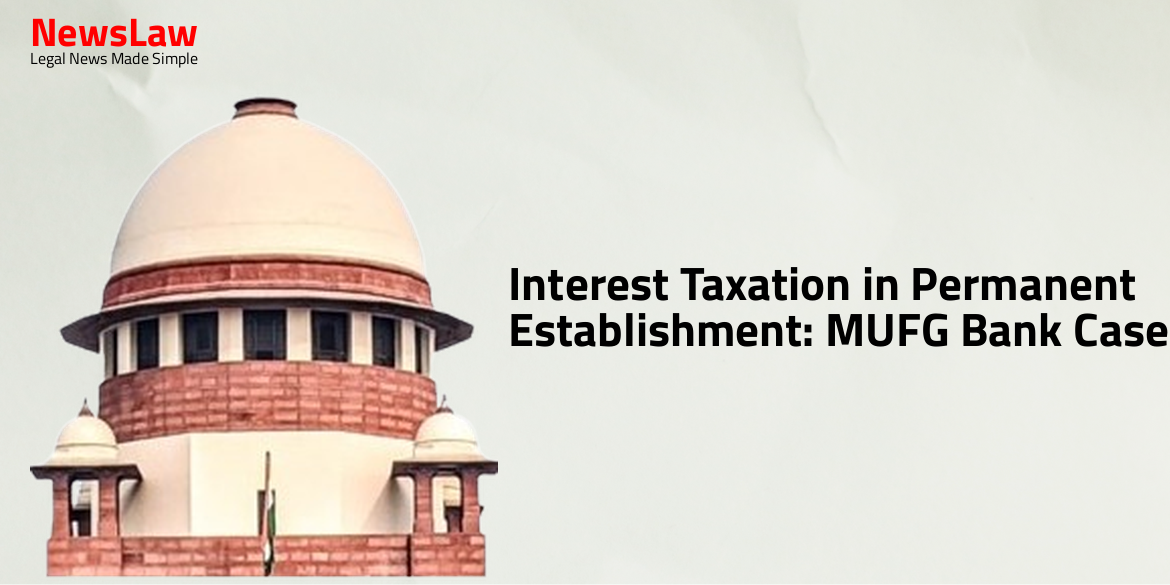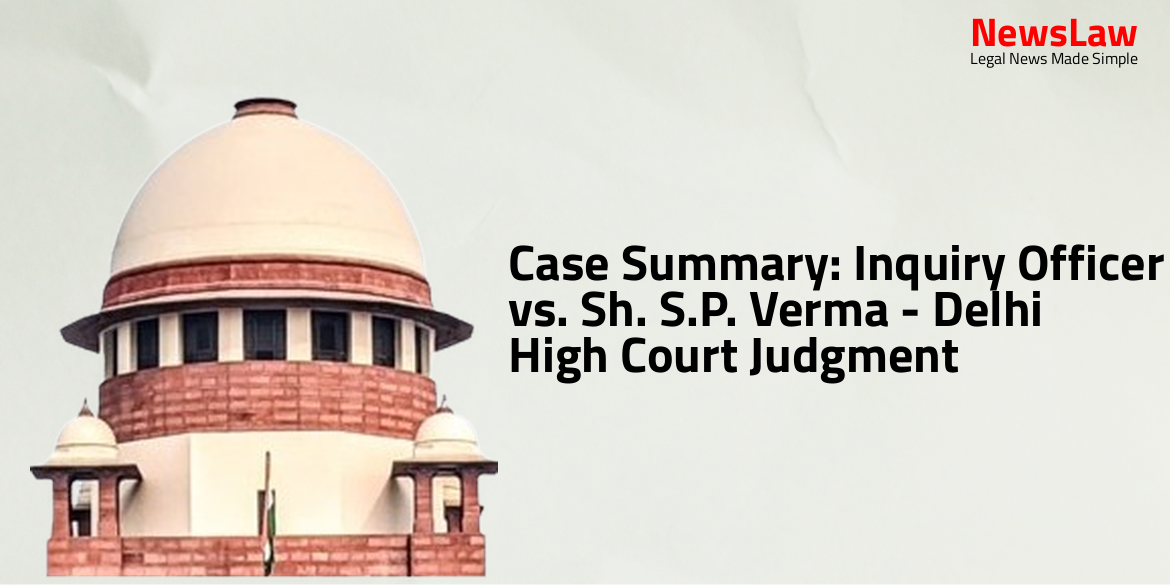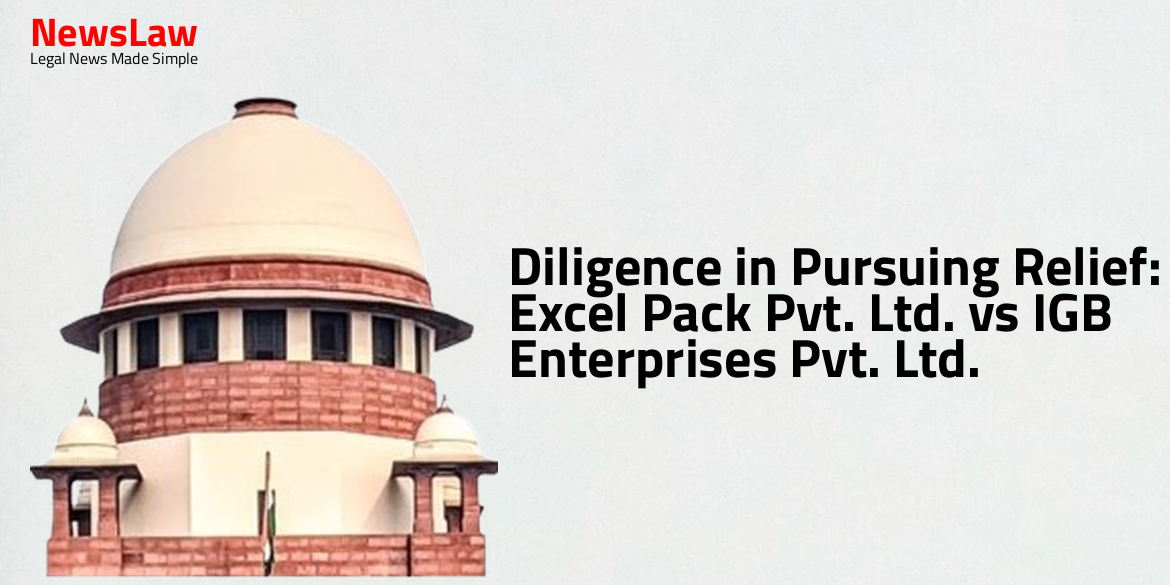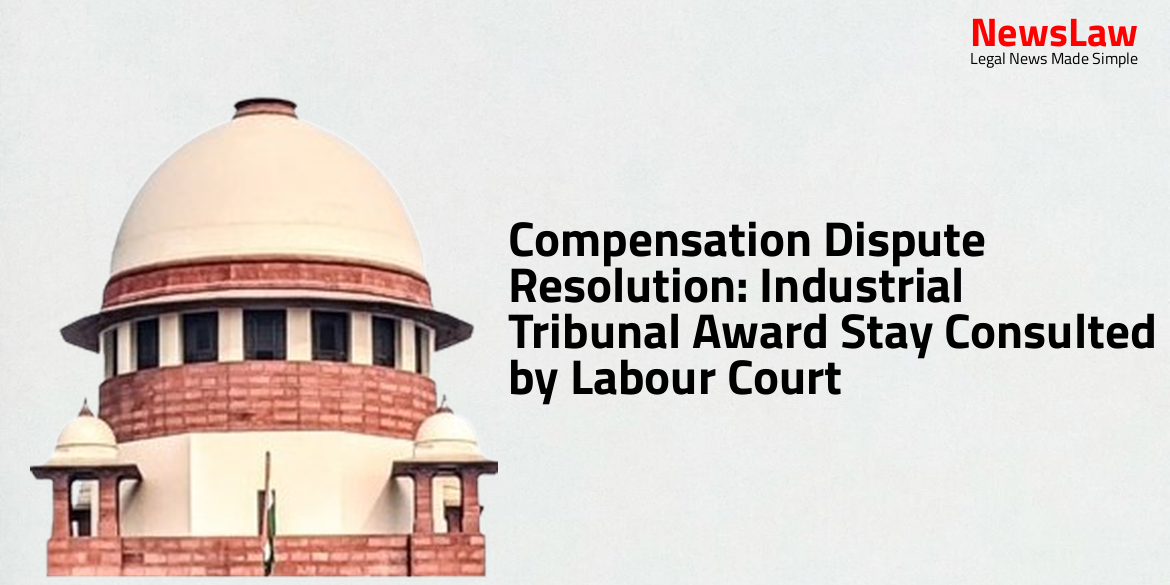Exploring the legal complexities of interest taxation in Permanent Establishment cases, the Delhi High Court delivered a significant judgment in the MUFG Bank case. The court analyzed the tax implications of interest received by MUFG Bank’s Indian Permanent Establishment from its Head Office. Dive into the details of this key ruling on tax laws related to Permanent Establishments.
Facts
- Orders passed on 08 April 2016 on ITA 604/2015 and ITA 605/2015 would bind parties for the first four proposed questions.
- Ground No 5 of the appeal of assessee allowed for both years.
Issue
- The issue in question is whether the interest received by the Indian Permanent Establishment (PE) of MUFG Bank on deposits maintained with the Head Office/Overseas Branch is taxable in India.
- The Court noted a previous decision rendered on a similar issue, which would have been determinative of the current issue.
Arguments
- Branches do not have a separate legal entity.
- Taxability of the interest received must be in favour of the assessee.
- Counsel referred to observations from DIT (I.T.) v. Credit Agricole Indosuez.
- Similar issue admitted by the court in DIT v. Antwerp Diamond Bank N. V.
- Article 7(2) of the India-US DTAA deals with attribution of income to a PE.
- Mr. Pardiwala, the senior counsel for the respondent, argued that the question raised by the Revenue was not about deducting interest to compute total income but about the taxability of interest received by the Indian permanent establishment from its head office.
- He emphasized that the Indian permanent establishment and the head office are the same entity, citing the principle that one cannot make a profit out of oneself.
- Referring to the decision in Sumitomo Mitsui Banking Corporation, it was contended that interest received by the assessee from its own head office is not taxable.
- The case of Antwerp Diamond Bank N. V. was specifically related to the context of articles 7(2) and 7(3) of the Indo-Belgium DTAA regarding deduction of interest paid by the Indian permanent establishment to its head office.
- The Tribunal’s decision in Antwerp Diamond Bank N. V. was influenced by the Special Bench decision in Sumitomo Mitsui Banking Corporation, emphasizing that a person cannot make a profit out of themselves.
Analysis
- The analysis section of the judgment discusses various aspects related to the taxation of interest payable by an Indian permanent establishment to a foreign general enterprise.
- It highlights that under domestic law, the Indian permanent establishment and the foreign general enterprise are not considered separate entities for taxation purposes and are recognized as one assessee.
- The circular issued by the Central Board of Direct Taxes (CBDT) regarding the treatment of interest payments by a permanent establishment is discussed.
- The judicial decisions and interpretations are examined in the context of whether a branch office can make a profit from itself and the implications on taxation.
- The significance of the Explanation to Section 9(1)(v) of the Income Tax Act is analyzed, especially concerning banking enterprises and the legal fiction it creates.
- The application of relevant Double Taxation Avoidance Agreements (DTAA) and their impact on the deduction of interest payments is considered.
- The judgment emphasizes that the branch of a foreign company in India is treated as a separate entity for tax purposes under the Income-tax Act, leading to taxation of interest paid to the head office.
- It concludes by stating that the legal fiction created under treaties and tax laws must be given full effect to prevent base erosion and ensure clarity in taxation of cross-border transactions.
- In determining the profits of a permanent establishment, deductions are allowed for expenses incurred for the purposes of the permanent establishment.
- Expenses include executive and general administrative expenses incurred whether in the State where the permanent establishment is situated or elsewhere.
- Profits attributed to the permanent establishment should be determined consistently unless there is a valid reason for a different approach.
- No deduction is allowed for amounts paid by the permanent establishment to the head office by way of royalties, fees, commissions, or interest except for banking enterprises.
- Profits of a permanent establishment should be determined as if it were a separate enterprise dealing independently.
- No profits are attributed to a permanent establishment for purchasing goods for the enterprise.
- Provisions in tax treaties dictate the taxation of profits attributable to permanent establishments in a certain manner.
- Interest payments by a permanent establishment to the head office may be subject to additional tax in India for banking companies.
- There are provisions in various tax treaties specifying deductions and taxation related to amounts paid by a permanent establishment to the head office.
- A permanent establishment is not considered a separate legal entity from the parent company.
- Revenue cases should focus on the substance of the transaction rather than its form.
- In the case at hand, it is evident that the business is owned and operated by the assessee.
- Separating the business from its owner to introduce fictional profit is deemed artificial and unreal.
- Selling to oneself and making a profit out of oneself is irrational and contrary to mercantile and income tax laws.
- The assessee may not actually make a profit, yet is forced to show a fictional profit in this scenario.
- The Special Bench of the ITAT highlighted the absence of specific provisions in the Income-tax Act for taxing interest paid by a permanent establishment to its head office and other branches.
Case Title: THE COMMISSIONER OF INCOME TAX-INTERNATIONAL TAXATION-3, Vs. THE BANK OF TOKYO-MITSUBISHI UFJ LTD. (2024:DHC:4329-DB)
Case Number: ITA-773/2018



